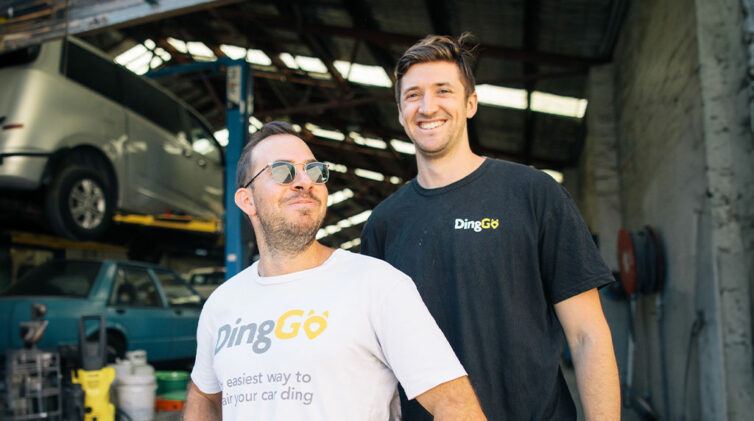Read Toyota update 22nd February: Toyota clarifies NVES position
TOYOTA has become the first car maker to address its dealers on how the company will fare under the Albanese government’s New Vehicle Efficiency Standards (NVES) saying that it will be able to supply dealers with the right mix of vehicles to meet the NVES emissions targets.
Dealers have passed on to GoAutoNews Premium that Toyota got its dealers together and the conversation went along the lines of: Toyota dealers have nothing to worry about.
One person familiar with the meeting said: “We were told: ‘Everyone relax. Your future is secure. There is no problem for Toyota dealers. It is business as usual’.
Toyota assured dealers that it has the right mix of vehicles coming and that under the NVES rules there were a number of years to get the balance right in terms of balancing low-emission vehicles with larger ICE vehicles.
It was reported that Toyota said: “What we’re going to do is we’ll provide you with low-emission stock that will then allow you to sell the ice vehicles as you see fit.”
The person did say, however, that Toyota said that its analysis indicated that if they were some other brands, “they would be very worried”.
The person said that he suspected Toyota would be in a position to supply its dealers with LEVs at a loss until such a stage that the market demand for EVs truly does catch up and that electric vehicles are the consumer vehicle of choice.
As an indicator of how determined Toyota can be in establishing new technology, the company some years ago said that it made a loss of more than $1 billion on the Prius before it was accepted in major markets and became profitable.
Meanwhile the various motor dealer and trades associations have been busy assembling data and views to build their response to the NVES rules.
The MTAA organised a hook-up with OEMs representing 20 brands to brief them on how it was developing responses to the government and that it was said to be making “good progress.”
In Victoria more than 100 members of the Victorian Automobile Dealers Association met with VACC CEO Geoff Gwilym in an extraordinary meeting where a sub-committee of the leading dealers from Victoria and Tasmania was appointed to help advise the MTAA submission.
One directive of that meeting was to call for an urgent polling of members regarding their ZLEV stock.
Michael McKenna, industry policy advisor of the VACC, told GoAutoNews Premium that the poll was especially interested in current stock levels of ZLEVs, their ongoing holding costs and the reasons the dealers believe for EV demand to have fallen off.
“We really want to know why they think they are not selling their EVs. We think we know but we really want to know what is going on in the showrooms because the key takeaway from after they came out of the recent subcommittee meeting is that people when they come into the dealership, are not even really looking at the EVs on the showroom floor.
“They’re not even opening the doors on them anymore to sit in and get a feel for what they are like inside.”
In another development, Hyundai Motor Company Australia (HMCA) said it welcomes the federal government’s impact analysis for the NVES.
HMCA said it is committed to working with Government and industry to ensure Australian consumers get access to the widest range of affordable low- and zero-emission vehicles.
Hyundai Australia CEO, John Kett said: “We see this as an intriguing challenge and we look forward to responding to the government’s call for feedback. We think we will soon have a world-class Efficiency Standard in Australia and we’re excited by that.
“With the Standard in place, Hyundai dealers will still have great vehicles to sell, customers will have great vehicles to drive, and we will be doing our bit to reduce emissions in line with Australia’s commitment to decarbonise,” Mr Kett said.
“We only have five years to catch up to other advanced markets which have had efficiency standards in place for decades, and that’s a challenge. We see merit in the Government’s preferred Option B, and with some minor aspects of Option A introduced to it, we can hit the proposed target and bring accessible, affordable and efficient vehicles to the market.”
Volkswagen Group Australia said in a statement: “Globally Volkswagen Group is committed to complying with the Paris Climate agreements with the goal of becoming a carbon-neutral company by 2050.”
VGA’s managing director Karsten Seifert said that Volkswagen is “driving toward majority all-electric vehicle sales in Europe by 2030. In the US and China, the company has set itself ambitious BEV targets in the same period”.
“Volkswagen Group Australia has long been among the voices calling for the introduction of binding auto industry standards that benefit Australia.
“At this time, VGA would suggest the possibility of an NVES modelled on Option B with elements of Option A super credits for full Battery Electric Vehicles and Plug-in Hybrid Electric Vehicles.
“This outcome should be of the most benefit to the Australian consumer.”
Mr Seifert said that this year it will introduce up to 10 BEV variants, including the first in this market for Volkswagen and Skoda.
He said conventional utes, SUVs, cars and vans “will remain pillars of VGA’s business for years to come. VGA is offering such a broad range of personal mobility choices to have the right option for each customer”.
Cox Automotive Australia (CAA) said in a statement that it fully supports the federal government’s decision to introduce Fuel Efficiency Standards but stressed the importance of “collaborative and engaged stakeholders across the local industry”.
Cox Automotive Australia and New Zealand CEO welcomed the proposed policy, but said he “also recognised and understood the challenges facing dealers, OEMs, fleet customers, insurers and the general public in this period of transition”.
“While we welcome the federal government’s proposed Fuel Efficiency Standards, we also urge stakeholders across the sector to tackle this in a level-headed, collaborative and respectful way, understanding the inherent complexities and providing the necessary support.
“To dealer groups, automotive OEMs and other members of the Australian automotive industry, our message is that Cox is here to help with your sales, service, marketing and disposal needs, especially in this time of rapid change.
“While this is a challenge for the industry, we also see it as an opportunity that prepared and informed stakeholders can take advantage of.”
CAA is part of Cox Automotive Inc, the world’s largest automotive services company. The company and its clients represent most aspects of the automotive sector and, the company said, is therefore well-placed to track the impact of these proposed CO2 targets across its value chain.
Cox Automotive’s Manheim wholesale auction business is a leading vehicle disposal and remarketing channel for the fleet sector, which is poised to play an outsized role in the uptake of electric and hybrid vehicles.
“In the US last year Manheim remarketed 48,000 EVs. As hybrids and EVs proliferate, so too will discourse around battery longevity and state-of-health over time, as well as resale value.
“CAA is well-placed to be a source of insights and data in this space. At the same time the Manheim Salvage (written off vehicles) business stands to be at the forefront of battery disposal and re-use, while its inspectors will increasingly focus their efforts on electrified products.
“As a major supplier of automotive retail and aftersales Cox Automotive Australia is also in constant dialogue with automotive OEMs and dealers, which will be tasked with making the Fuel Efficiency Standards a reality.
Emerging issues such as ‘omnichannel’ retail that blends online and in-showroom shopping, and the advance of new retail models such as agency or direct-to-consumer, are poised to become key issues as more EVs and hybrids proliferate across segments and sectors.
Simply put, Australia is overdue for Fuel Efficiency Standards which are already in place in the other regions where Cox Automotive competes. Australia stands to receive greater choice in more efficient models, a win for consumers across fleet and private sectors.
“However, the ambitious targets out to the end of the decade will be tough to meet, and therefore CAA calls on industry collaboration and engagement, and encourages legislators to listen to concerns from those people and organisations at the coalface of this transition.”
Read more:



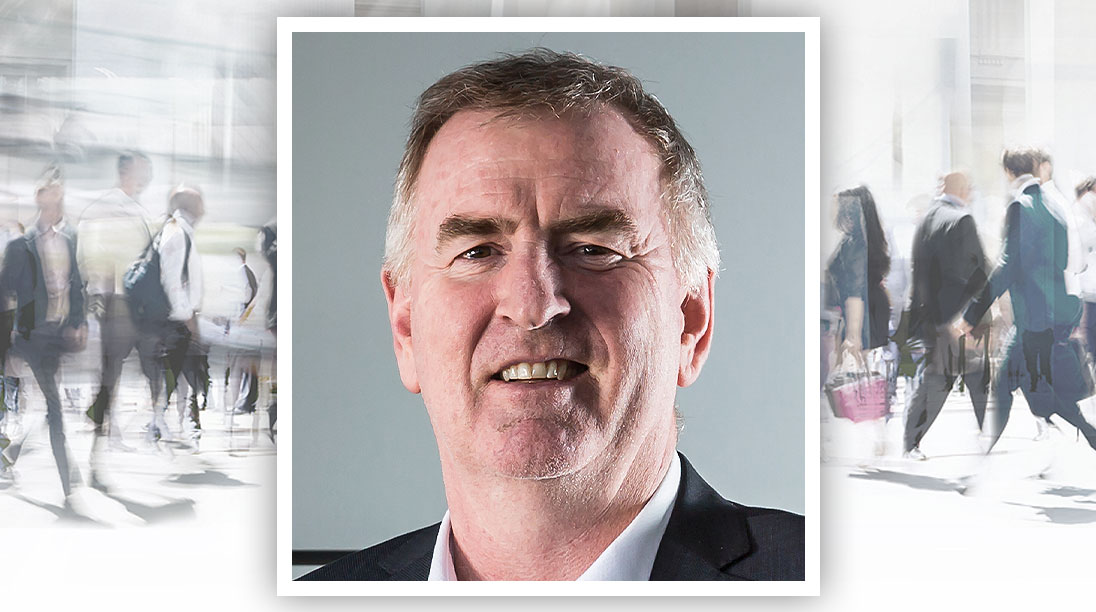
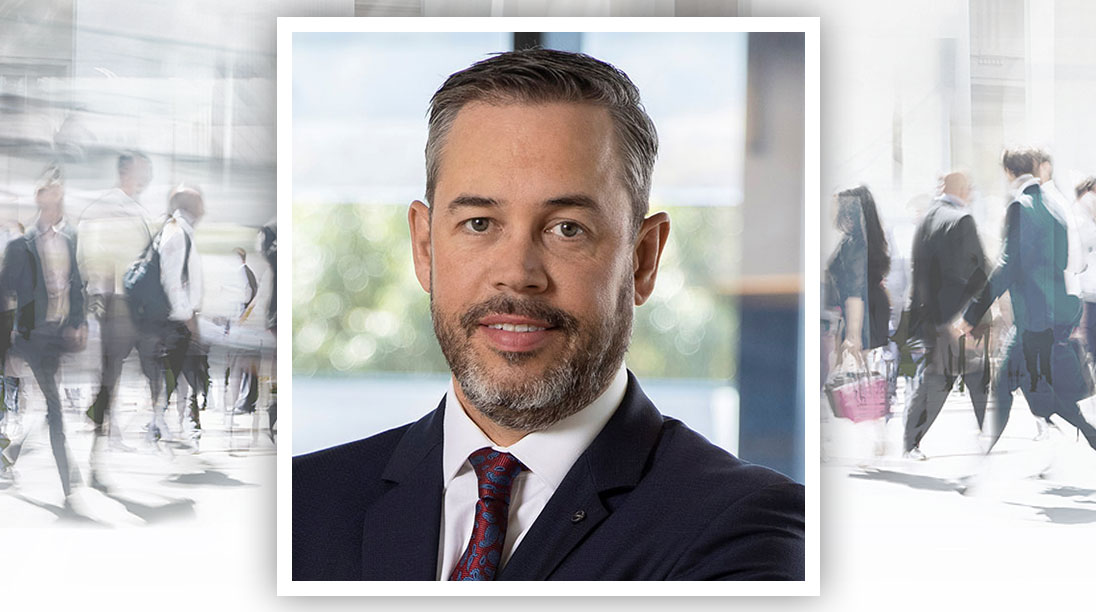
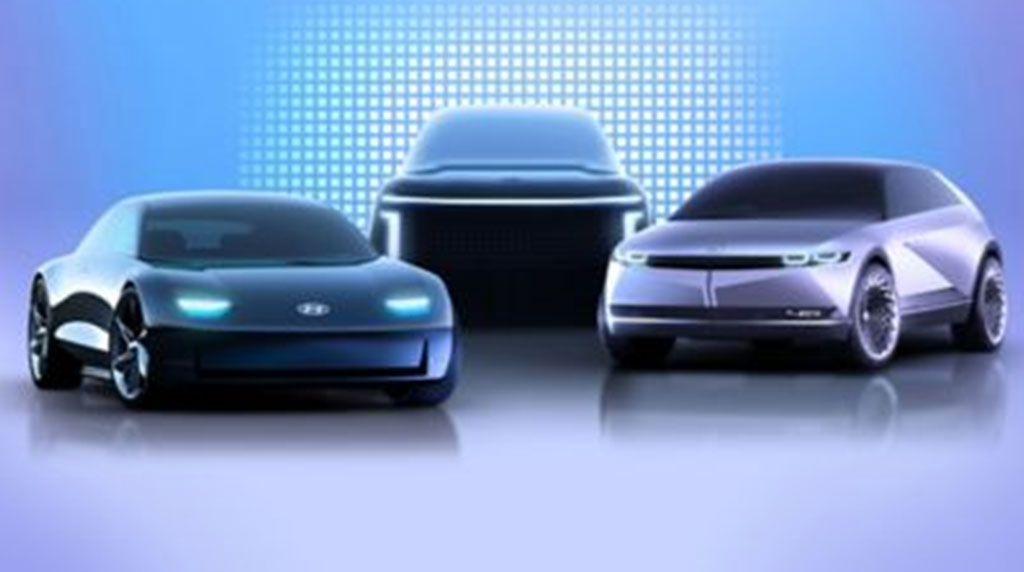
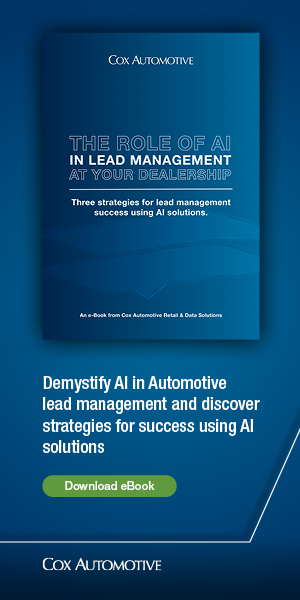









 Read More: Related articles
Read More: Related articles

